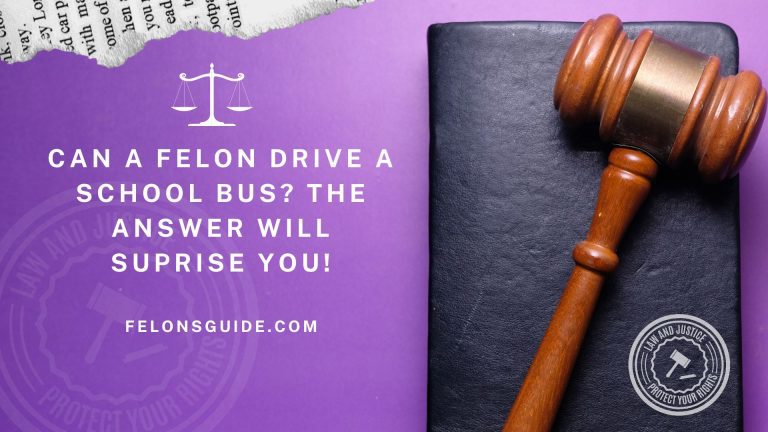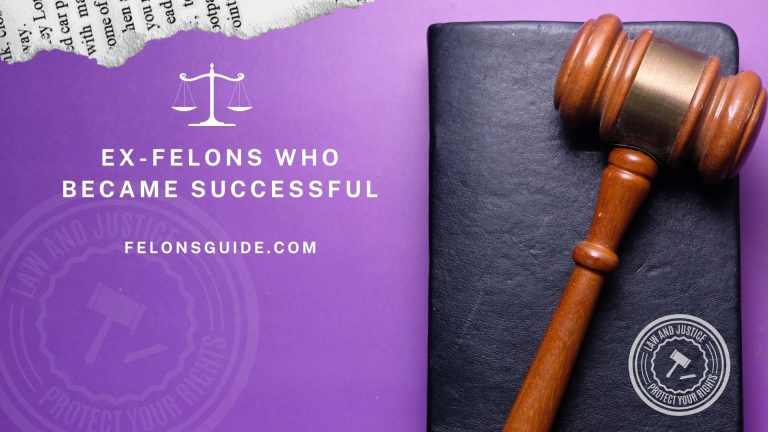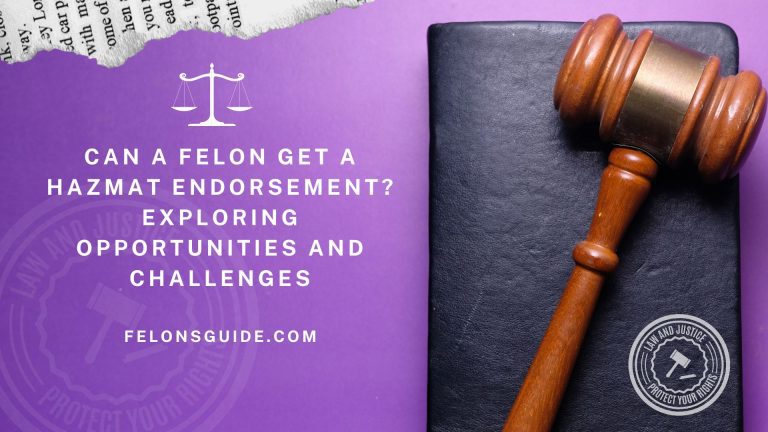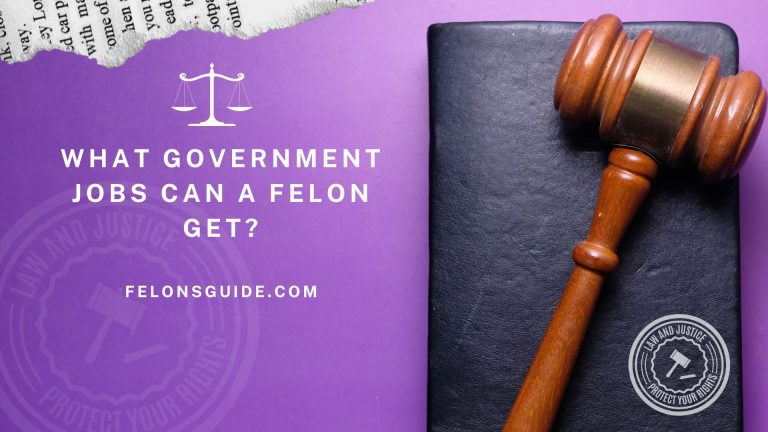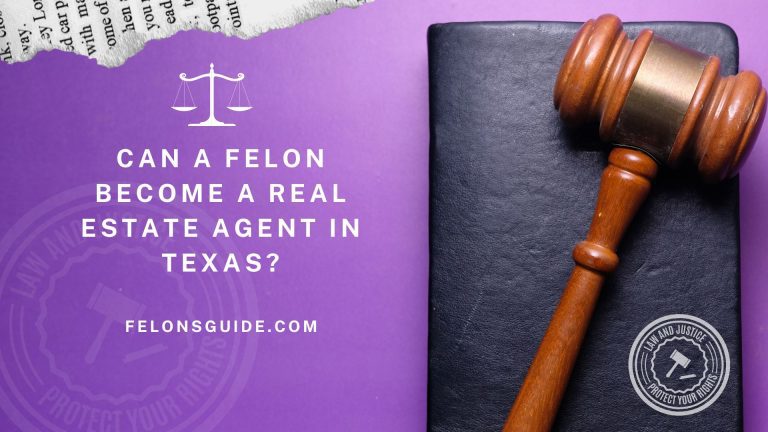Can a Felon Become a Bartender? Is It Possible?
Felony convictions can have a significant impact on one’s ability to secure employment. However, there are industries where people with felony convictions can find employment, and the hospitality industry is one of them. Specifically, bartending is a popular profession that many individuals with felony convictions have considered. But can a felon become a bartender? In this article, we will explore the answer to this question and what steps a felon can take to become a bartender.
Can a Felon Become a Bartender?
A felon is someone who has been convicted of a serious crime, typically a felony offense, and has served time in prison or jail. Felony convictions can result in significant social and economic consequences, including difficulty securing employment. This is especially true for jobs that require certification or background checks. However, bartending is an industry that may offer opportunities for felons.
Also Read: How to Report a Felon in Possession of a Firearm?
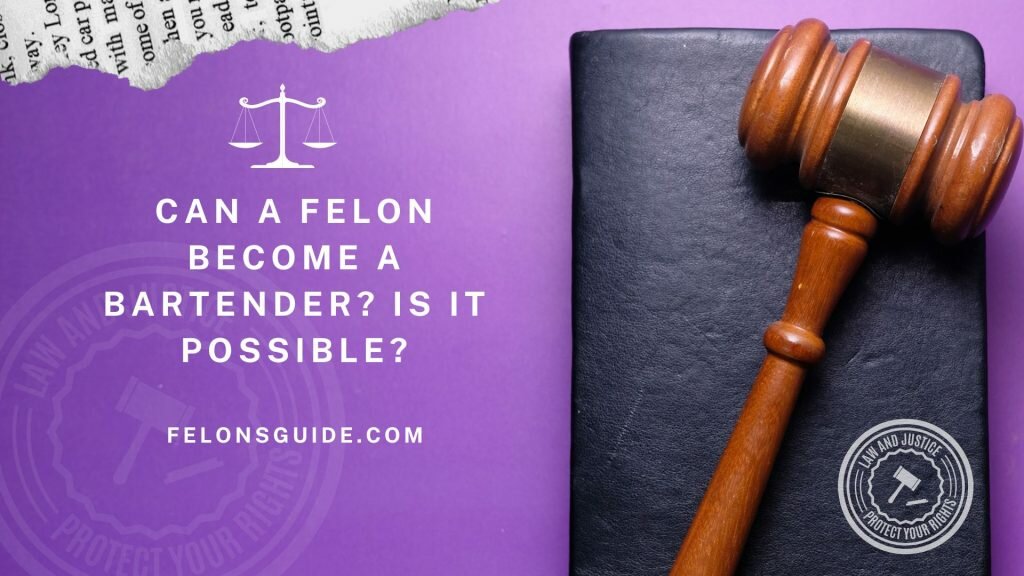
Qualifications and Requirements for Becoming a Bartender
To become a bartender, one needs to meet certain qualifications and requirements. While there is no specific degree required to become a bartender, some employers prefer candidates who have completed a bartending course or a hospitality management program. Most states require bartenders to be at least 18 or 21 years old, depending on the state’s minimum legal drinking age. Additionally, bartenders must have good communication and customer service skills, be physically fit, and have a keen eye for detail.
Bartenders are also required to hold certain certifications, such as a food handler’s card and a bartending certification. The latter typically involves completing a training program that covers topics such as alcohol safety, responsible serving practices, and mixology. Bartenders may also need to obtain a permit or license to serve alcohol, depending on state and local laws.
Also Read: Can Felons Join the National Guard? (Check Our Answer)
Legal Considerations for Felons Seeking Employment in the Hospitality Industry
Federal law does not prohibit employers from hiring felons, but it does provide some limitations on certain types of employment, such as jobs in the transportation industry. States and localities may have their own laws regarding the hiring of felons, and some employers may have policies against hiring individuals with certain criminal records.
However, in recent years, many states and employers have adopted “ban the box” policies that remove the requirement for job applicants to disclose their criminal history on initial job applications. This provides an opportunity for felons to be evaluated based on their qualifications and skills rather than their past mistakes.
